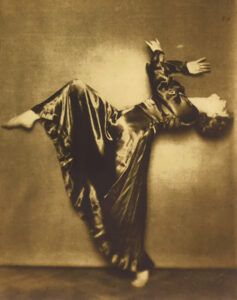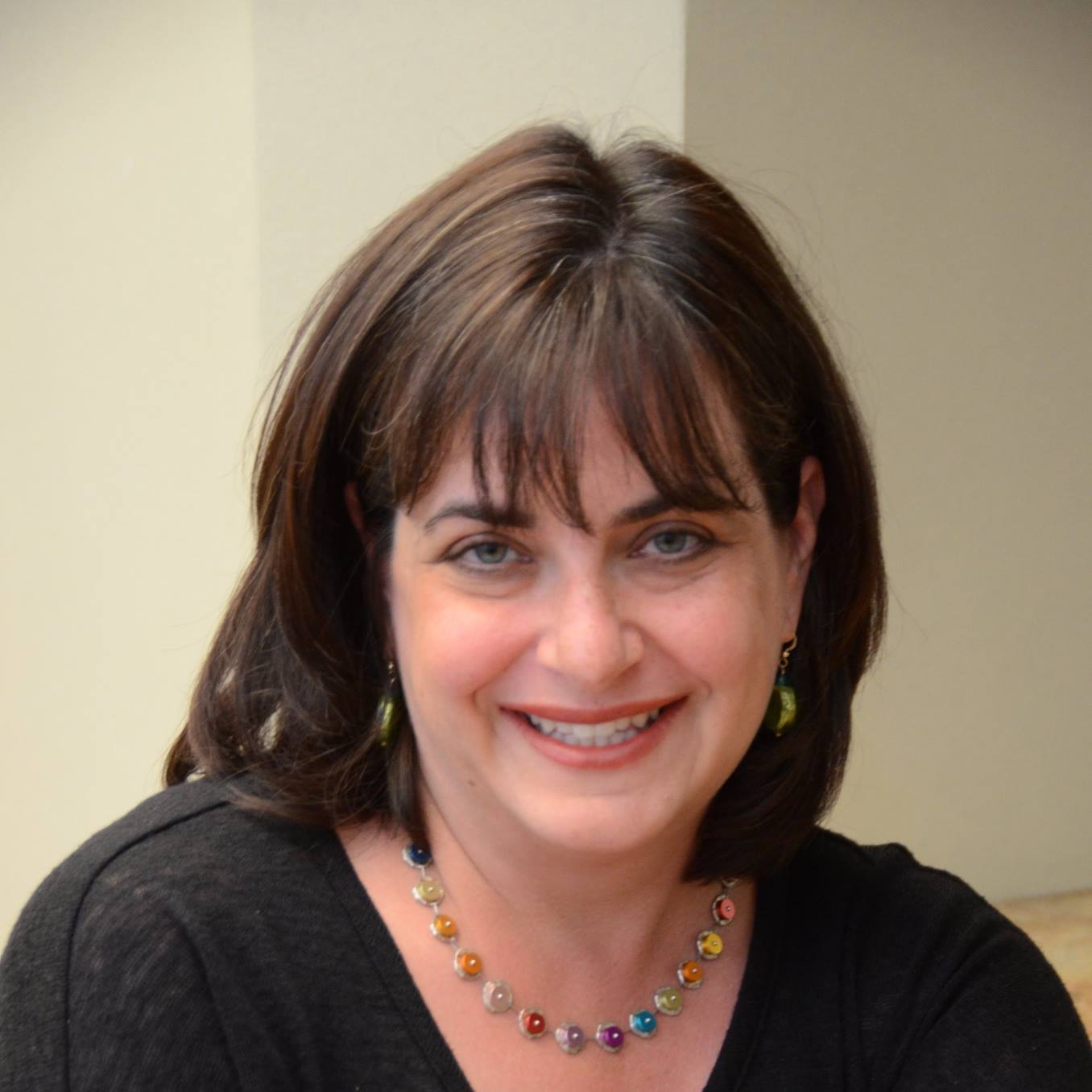With Music and Poetry, Herbert Zipper Reached for Humanity in Dachau
Herbert Zipper, a world-renowned conductor, composer and pioneer of the community arts movement in the United States, grew up in a Vienna of extremes: From his birth in 1904 until he fled in 1939, the Austrian capital transformed from the heights of science and culture to the depths of economic depression and the onslaught of violent antisemitism and Nazi rule.
Before World War I, Viennese culture inspired a belief that “every problem of humanity can be solved by science and technology, and that the good life could be forever if we just let science and technology work its way. That wars are obsolete, that security of all could be practically guaranteed … It meant that art became a way of life,” Zipper said in a 1995 interview with USC Shoah Foundation, two years before he died at age of 92 in Los Angeles. His testimony is contained in the Visual History Archive. A selection of Zipper’s work is being performed May 23 at a Library of Congress Concert, available for viewing online.
Culture and Poverty in Vienna
Zipper was the second of four children. His father was a successful engineer, and his mother a spirited intellectual who hosted Thursday afternoon teas and evening parties in their home. Herbert began his own study of the piano as a young child.
The brutality of WWI and the economic depression that followed shattered Zipper's illusion of security. He remembers wearing a winter coat made of paper to accommodate his teenage frame that was growing to over 6 feet tall.
“Before school, I went around to every market in the neighborhood with my bicycle, which had leather tires, because rubber was unavailable, just to find out where I could get some of these ugly beets and things just to fill your stomach with,” he said.
He graduated gymnasium in 1921 and started at the State Academy of Music and the Performing Arts in Vienna, where among his instructors were Maurice Ravel and Richard Strauss.
When Zipper told Strauss he wanted to be a pianist, Strauss scoffed.
“He said, ‘come on, a pianist? They’re a dime a dozen.’ He said, ‘You’re pretty tall...you should be a conductor.’” Zipper recalled.
In addition to working as a musician while a student, Zipper organized and played concerts in recreation halls in the working-class neighborhoods of Vienna—performances that filled up every Sunday.
An Unconventional Romance

“I saw this little girl just arranging her hair. And I saw those hands, and I was electrified by the movement and by the hair and by the way she moved,” Zipper said in his testimony.
Trudl was a dancer, a student at the State Academy, and though only 14 and 4 foot 9, was already performing internationally. Sometimes, Herbert would accompany her dance class on piano, according to Dachau Song, his biography, by Paul Cummins.
“2 Dances for Trudl,” a recently discovered composition that will be performed at the Library of Congress concert, was likely written during this time.
The Rise of Hitler
In 1932, Zipper was hired as a conductor in Dusseldorf, and Trudl moved to join a prestigious dance school in London. While in Dusseldorf, Zipper witnessed the rise of Hitler.
“I attended some of his meetings, some of his rallies in order to know, to learn what's happening because learning is a profession for me,” Zipper said in his testimony.
After Hitler claimed the chancellorship in 1933, colleagues and mentors in Dusseldorf who had been Herbert’s close friends would no longer speak to him because he was Jewish.
“One of the worst sights of my life – the day was May 10 [1933] – was when the book burnings started. That was a terrible experience. And when you see this, then you know this is really the greatest danger that we are facing," Zipper said.
Twice, he was warned by a sympathetic friend to flee Dusseldorf, but Zipper returned to finish out the school year. He returned to Vienna and traveled to Russia, Italy and England to conduct. In 1937 Trudl took a one-year appointment in Manila to establish a dance department at the University of the Philippines. After their respective assignments, the pair planned to move to the United States and get married.
Herbert also became involved in underground political cabaret – composing and performing satirical songs.
When the Nazis marched into Vienna after Germany annexed Austria in March 1938, Herbert decided he’d experienced enough while living in Germany to know it was time to get out.
“Those 180,000 Jews of Vienna became, overnight, complete outlaws. They could be robbed. They could be mishandled. They could be killed – as they would be,” he said.
Herbert’s father was in London when German soldiers marched in, and Herbert warned him not to return to Vienna. But he could not convince the rest of his family still in Austria to flee.
In Dachau, ‘Shorn of Our Entire Past’
On May 27, 1938, Gestapo officers arrived at the Zipper home and arrested Herbert and his two brothers. They were shoved into a boxcar.
“Those 13 hours from Vienna to Dachau were the ... most beastly, most terrifying, most ugly, most inhuman, most ghastly experience of my life,” Herbert said.
“We came [to Dachau], and immediately we were shorn. But we were not only shorn of our hair, from top to bottom, we were shorn of our entire past. What we have been. Through our education, through our social standing, through our friends, through the way we lived,” he said.
Most of the prisoners, ostensibly arrested for being “political threats,” were Jews. One of Herbert’s brothers was released for medical reasons, and Herbert and his brother Walter, along with other prisoners, were put on labor details – digging ditches, pulling cement carts, hauling and crushing stones.
But a sense of humanity still prevailed.
A vegetable seller from Vienna inspired the prisoners to hold on to their identities. Zipper stood outside the barracks, reciting poetry from memory. Inmates gathered around him. Among the prisoners were 30 or 40 talented musicians. They gathered boxes and strings and scraps to fashion crude instruments. Herbert collected paper and wrote out scores from memory.
They began to hold secret concerts in the latrines on their few hours off on Sunday afternoons. Prisoners came in rotations, 25 to 30 at time.
On his way to the labor site every day, Zipper had to walk through a gate that read, “Arbeit Macht Frei” (“Work Makes You Free”). One day, while walking with his friend Jura Soyfer, a Vienna poet he knew from the underground cabaret, Herbert got angry.
"It was in hot August. I said, Jura, this is really too much, to write this thing on top of there. So he said, ‘You know, we should write a song.' ”
Within a few days Soyfer produced lyrics, a satirical spin on the work ethic of a slave labor prison, and Zipper set them to music. In the darkness of the barracks, Zipper taught “Dachau Song” to other musicians. Just days later, on September 22, Zipper, his brother, Soyfer and 4,000 other prisoners were transferred to the Buchenwald concentration camp.
New Horror, Then Release
Buchenwald presented a new set of horrors. Herbert and his brother were forced to clean open-pit latrines. His brother got frostbite during a 19-hour roll call, during which Herbert never stopped moving.
"I was afraid about my hands, because … I lived by my hands,” Zipper said.
His collaborator on “Dachau Song,” Jura Soyfer, died of typhoid just days before Herbert and his brother Walter were freed in February 1939. Their parents, who had fled to Paris, had secured visas to Uruguay, which enabled them to petition for their sons’ release.
On March 16, 1939, Herbert and Walter were reunited with the rest of the family in Paris, and two months later Herbert sailed for Manila, where he reunited with Trudl and conducted the Manila Symphony Orchestra – a position he had been offered after the director heard a composition Zipper had written for his bride-to-be.
Honeymoon in Manila
On October 1, 1939, Herbert and Trudl were married and, as they watched the war unfold in Europe, were able to live in peace until January 1942, when Japan invaded the Philippines. Within a few weeks, Zipper was arrested for his associations with high-ranking Americans and for a speech he had given that was critical of the Axis powers.
After several weeks of brutal interrogations and four months of incarceration, Zipper was released on the promise – which he did not intend to keep – that he would reconvene his orchestra for the benefit the Japanese occupiers. After his release, Zipper became part of an underground intelligence unit and, on May 9, 1945, conducted the Manila Symphony Orchestra in a concert to celebrate the liberation of the capital.
An Advocate for The Arts for All
Herbert and Trudl moved to the U.S. in 1946. First in Brooklyn and then in Chicago, Trudl danced and Herbert conducted, taught, and became a pioneering advocate for community arts programming and education. He returned to Manila to conduct every summer.
In the 1950s, Herbert received a letter from the East German Ministry of Culture to determine if he was the H. Zipper who had composed “Dachau Song.” According the Cummins biography, it was the first time Herbert learned that his composition had leaked out of Dachau and filtered through the concentration camps as an anthem of resistance and was now of interest to musicians and archivists.
In 1972, Herbert took a position as the project director for the School of Performing Arts at the University of Southern California, which, with pivotal steering from Zipper, eventually became the Colburn School, where several programs and spaces are named for the Zippers.
Trudl, who danced professionally her whole life, died of lung cancer in 1976. Herbert was active internationally in the arts until he died in 1997.
His story was featured in a 1995 Oscar-nominated documentary, “Never Give Up: The 20th Century Odyssey of Herbert Zipper.”
"The tragic thing is that the best in the human race comes forward when it is in real trouble,” Herbert said in his USC Shoah Foundation testimony. “The humdrum of every day buries it. … We become human when we find that we all actually face the same dangers, the same problems, and that we don't fool ourselves that we are immune to them.”
Read A New Generation Embraces Music the Nazis Tried to Stifle, about the Conlon-Ziering Recovered Voices Initiative at the Colburn School.
Watch Herbert Zipper’s full testimony.
